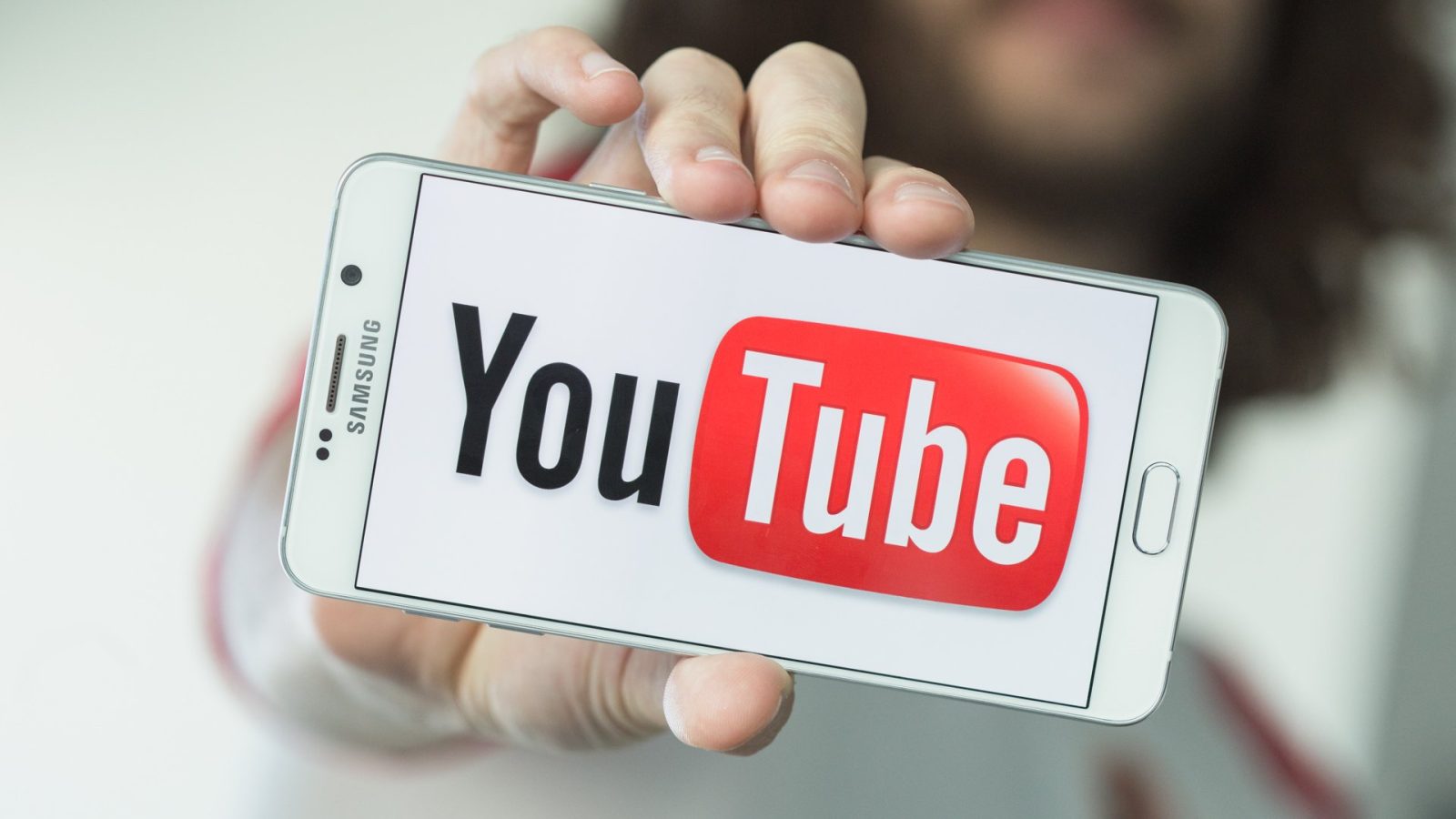The Allure of Instagram Likes
In the digital age, where social media reigns supreme, Instagram stands as one of the most influential platforms, shaping trends, fostering connections, and defining social status. At the heart of this vibrant ecosystem lies the ubiquitous “like” button—a seemingly innocuous feature with profound implications. Instagram likes have become the currency of validation, influencing self-esteem, marketing strategies, and even societal norms. However, beneath their surface allure lies a complex interplay of psychological, cultural, and ethical dynamics that merit exploration.
The Psychological Implications: Seeking Validation in a Digital Realm
At its core, the appeal of Instagram likes stems from a fundamental human need for validation and social approval. Each like serves as a digital pat on the back, validating our choices, appearance, and experiences. Psychologically, this validation triggers the release of dopamine—the brain’s pleasure chemical—creating a fleeting sense of euphoria and reinforcing the behavior. Consequently, users become increasingly reliant on likes to gauge their self-worth and social standing, leading to a cycle of validation-seeking behavior that can border on obsession.
The Influence on Self-Image and Mental Health
While Instagram likes can provide temporary boosts to self-esteem, their reliance as a metric for validation can have detrimental effects on mental health. The constant comparison with others’ seemingly perfect lives showcased through curated posts can breed feelings of inadequacy, fostering a culture of relentless self-comparison and insecurity. Research has linked excessive social media use, driven by the pursuit of likes, to increased rates of anxiety, depression, and body dissatisfaction, particularly among impressionable adolescents and young adults.
The Evolution of Influencer Culture: From Authenticity to Artificiality
In the realm of social media influencers, Instagram likes hold even greater significance, serving as a barometer of success and relevance. As the pursuit of likes becomes synonymous with monetary gain and fame, authenticity often takes a back seat to carefully curated content designed to maximize engagement. Influencers meticulously craft their online personas, resorting to tactics such as buying likes or using engagement pods to inflate their popularity artificially. Consequently, the line between genuine content and sponsored advertisements blurs, eroding trust and authenticity within the digital landscape.
Navigating Ethical Dilemmas: From Vanity Metrics to Social Responsibility
Beyond individual well-being, the prominence of Instagram likes raises ethical questions regarding the platform’s impact on society as a whole. The emphasis on likes as a measure of worth perpetuates a culture of superficiality, where validation is based on external metrics rather than intrinsic qualities. Moreover, the algorithmic prioritization of popular content amplifies echo chambers and reinforces societal biases, hindering meaningful discourse and diversity of perspectives. As such, reconciling the desire for likes with a commitment to social responsibility becomes an imperative for both users and platform developers alike.
Conclusion: Rethinking the Role of Instagram Likes
In conclusion, Instagram likes wield significant influence over individuals, shaping perceptions of self-worth, influencing mental health, and reshaping digital culture. While the allure of likes is undeniable, their unchecked proliferation poses profound challenges that demand introspection and action. As users, cultivating a healthy relationship with social media involves recognizing the limitations of likes as a measure of validation and prioritizing genuine connections over digital acclaim. Likewise, platform developers must strive to foster environments that prioritize authenticity, well-being, and inclusivity, steering away from vanity metrics toward metrics that truly reflect meaningful engagement and community building. Only by reimagining the role of Instagram likes can we harness the potential of social media to uplift rather than undermine the human experience.




Leave a Reply